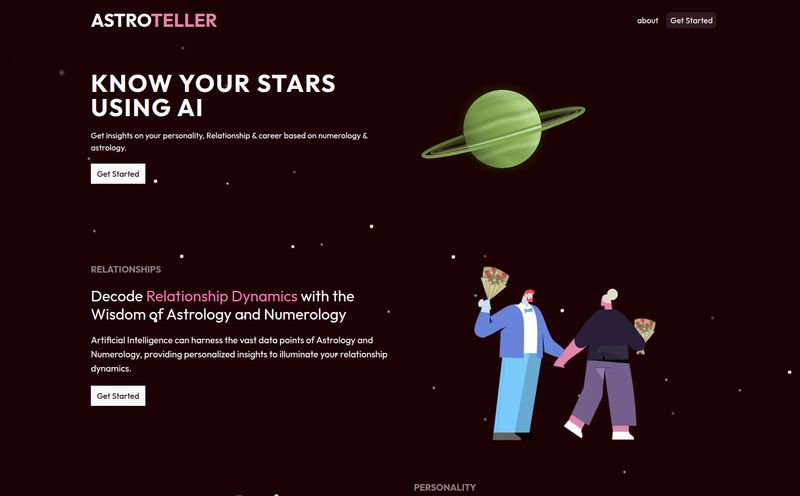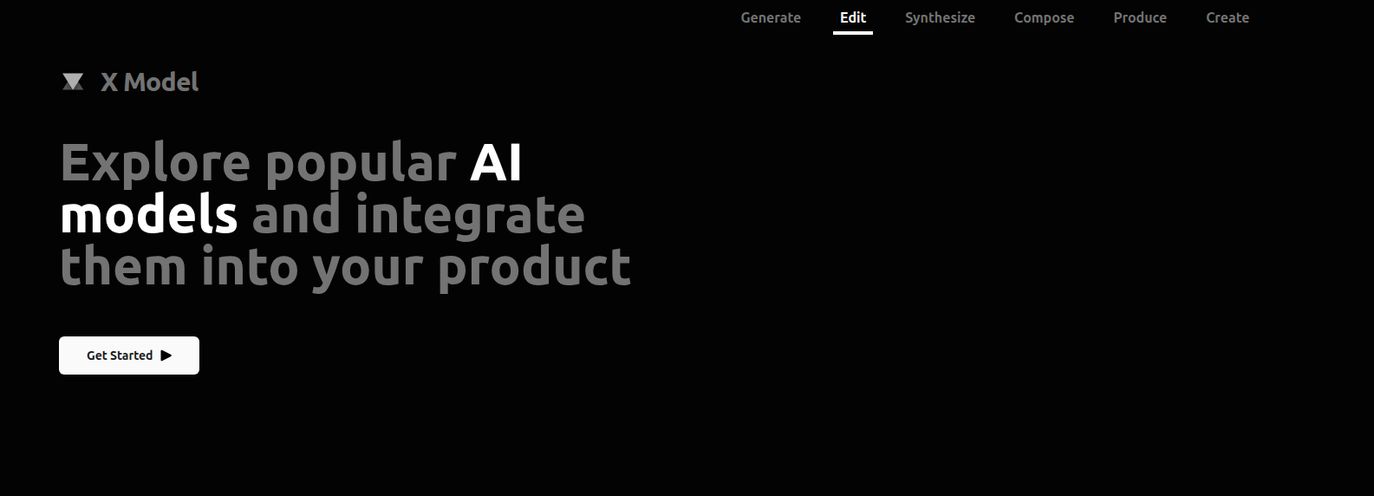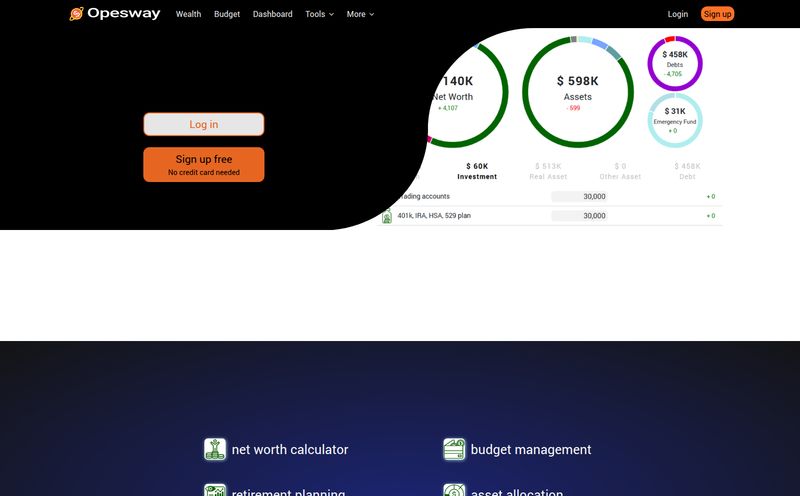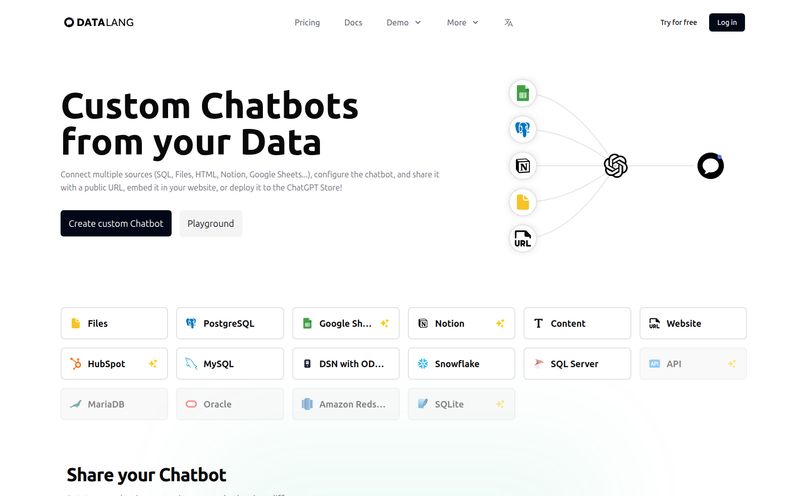We’ve all been tempted. You're staring at a mountain of patient notes, a prior authorization request that feels like it was written in another language, or just a simple need to draft a professional patient follow-up email. And that little voice in your head whispers,
You know... ChatGPT could do this in ten seconds.
And then the second voice, the one that sounds suspiciously like your legal counsel, screams, "HIPAA!" A cold sweat follows. You close the browser tab. The dream of AI-powered efficiency dies, yet again, on the altar of data privacy. I've been there. You've probably been there too.
The tension is palpable in the healthcare world. We see the incredible potential of large language models to slash administrative overhead and burn-out, but the risk of exposing Protected Health Information (PHI) is a complete non-starter. Until now, it’s felt like trying to fit a square peg in a round, heavily regulated hole. But I think I’ve stumbled upon a tool that might just be the right shape: CompliantChatGPT.
So, What's the Big Deal with AI in Healthcare Anyway?
For years, we've been talking about how technology can fix healthcare. Electronic Health Records (EHRs) were supposed to be the answer, but for many clinicians, they just traded one kind of paperwork for another—endless clicking and typing. AI promises something different. It offers to handle the cognitive grunt work: summarizing, translating, drafting, and organizing information.
The problem is, most general AI tools, including the standard version of ChatGPT, are like a public town square. You wouldn't stand in the middle of a crowd and shout a patient's diagnosis and social security number, right? Sending that same information to a standard AI is the digital equivalent. That data gets processed on third-party servers, used for training future models, and is completely outside the protective bubble of HIPAA. That’s a one-way ticket to a massive fine and a catastrophic loss of patient trust.
How Does CompliantChatGPT Actually Keep Data Safe?
This is where things get interesting. CompliantChatGPT isn't just a clever name; it's built around a specific process designed to navigate the HIPAA minefield. I've seen a lot of platforms claim security, but their explanation of the 'how' is often a bit… vague. This one is refreshingly straightforward.
Think of it like a digital bouncer for your sensitive data.
When you input a query that contains PHI—like a patient's name, date of birth, or medical record number—the platform's first move isn't to send it to the AI. Instead, the bouncer steps in. It identifies all the pieces of PHI and swaps them out with anonymous, untraceable tokens. It essentially puts a disguise on your data. Only then does the anonymized query go off to party with the OpenAI model. The AI does its thing, generates a response using the anonymous data, and sends it back. Before it gets to you, the bouncer meets it at the door, takes off the disguise, and puts the original, real PHI back in its place. The AI never sees the real patient information. Ever.
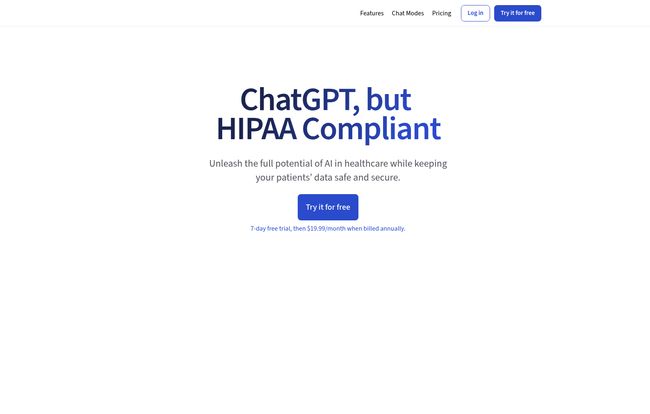
Visit CompliantChatGPT
The Standout Features That Caught My Eye
Beyond its core security function, a few things make this tool more than just a one-trick pony.
The Heart of the Matter: True HIPAA Compliance
This PHI Anonymization process is the magic sauce. But for any healthcare provider, the real seal of approval is the Business Associate Agreement (BAA). A BAA is a legally binding contract that ensures a third-party service provider (like CompliantChatGPT) will properly safeguard PHI. The fact that CompliantChatGPT offers a standard BAA on its paid plans is, in my opinion, the most important feature. Without one, any claims of compliance are just marketing fluff.
Custom AI Modes for Real-World Tasks
A generic chatbot is fine, but healthcare has very specific needs. CompliantChatGPT comes with pre-built "modes" for tasks like 'Letter to Patient', 'Billing Support', or 'Medical Scribe'. Even better, you can create and save your own custom modes. So if you find yourself constantly asking the AI to summarize clinical notes in a specific format, you can build a mode for that. It’s a small thing that adds up to a huge efficiency gain over time.
That Handy Speech-to-Text Function
For any clinician running between appointments, typing is a luxury. The ability to dictate notes or queries directly into the platform is a massive plus. It's one of those quality-of-life improvements that genuinely reduces the friction of daily tasks. It's not perfect, no speech-to-text ever is, but it's pretty darn good and a welcome addition.
The Good, The Bad, and The... Slightly Delayed
Okay, no tool is perfect. Let's get into the nitty-gritty. The main benefit is obvious: you get to use a powerful AI without giving your compliance officer a panic attack. It streamlines workflows and brings modern tech into a field that desperately needs it. But what are the catches?
First, the anonymization process, as brilliant as it is, can introduce a slight delay. We're talking milliseconds, not minutes. In my book, it's a tiny price to pay for ironclad security. Would you rather have an instant response and a data breach, or a response that's a fraction of a second slower and completely secure? The choice seems pretty clear to me.
Second, the platform's speed is partly dependent on OpenAI's servers. If ChatGPT is having a slow day, you might feel it here too. That's just the nature of the beast when building on top of another platform's infrastructure. Lastly, by default, data is stored for 24 hours to maintain conversation history. However, and this is a big plus, you can disable this feature if your organization's policy is zero data retention. I love that they give you that control.
Let's Talk Money: CompliantChatGPT Pricing
Price is always a factor, so here's the breakdown. They've structured it in a way that seems pretty accessible.
| Plan | Price | Key Features |
|---|---|---|
| Free | $0.00 /month | 10 Chat Credits/day, PHI Anonymizer, Basic Modes, Speech Recognition. Crucially, no standard BAA. |
| Starter | $19.99 /user/month | 2500 Chat Credits/month, all features from Free, and includes the all-important Standard Business Associate Agreement. |
| Enterprise | Custom Budget | All features, included BAA, and tailored solutions for larger organizations. |
My take? The Free plan is perfect for a test drive. Get a feel for the interface and the modes. But if you plan on using it with any real patient data, you must be on a paid plan to get that BAA. The Starter plan at twenty bucks a month feels like a steal for the peace of mind and time savings it offers an individual practitioner or small clinic.
Frequently Asked Questions
Is CompliantChatGPT actually HIPAA compliant?
Yes, through its system of PHI anonymization (tokenization) and by providing a Business Associate Agreement (BAA) on its paid plans, it establishes the necessary technical and legal safeguards required for HIPAA compliance.
What AI model does this tool use?
It is built on top of OpenAI's powerful GPT models, giving you the same high-quality AI generation capabilities you'd find in the mainstream tool but with the added security layer.
Can I use the free plan in my medical practice?
I would strongly advise against it for any tasks involving real patient data. The free plan does not include a BAA, which is a legal necessity for handling PHI with a third-party vendor. The free plan is best for testing non-sensitive queries.
Is my patient data stored somewhere?
By default, anonymized chat history is kept for 24 hours for your convenience. However, the platform gives users the option to disable this feature entirely, meaning no data is stored after your session.
How is this different from just using regular ChatGPT?
The key difference is the security layer. Regular ChatGPT has no mechanism to protect PHI. CompliantChatGPT is specifically designed to identify and anonymize that sensitive data before it ever reaches the AI model, which is the fundamental requirement for safe use in a healthcare setting.
What is a Business Associate Agreement (BAA) and why do I need one?
A BAA is a legal contract required by HIPAA between a healthcare entity (like your practice) and a business associate (like CompliantChatGPT). It ensures the business associate will protect any PHI it receives or handles. Without a BAA in place, you are not HIPAA compliant when sharing data with that vendor.
My Final Thoughts
For what feels like an eternity, healthcare has been stuck between a rock and a hard place—the need to innovate and the absolute duty to protect patient privacy. Tools like CompliantChatGPT represent a genuinely thoughtful path forward. It’s not just slapping the word "secure" on a product; it’s a purpose-built solution to a very specific, high-stakes problem.
It feels like a bridge. A bridge between the incredible power of modern AI and the unbreachable walls of patient confidentiality. And for any healthcare professional drowning in administrative work, that bridge looks pretty inviting. It seems we can finally start having our AI cake and eating it too, compliantly.
